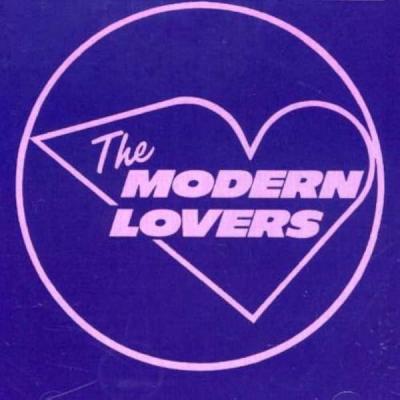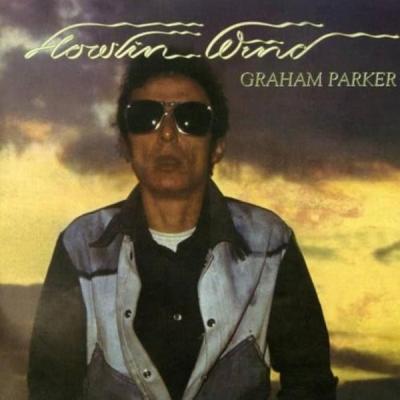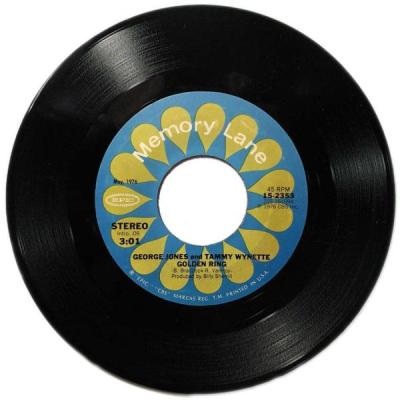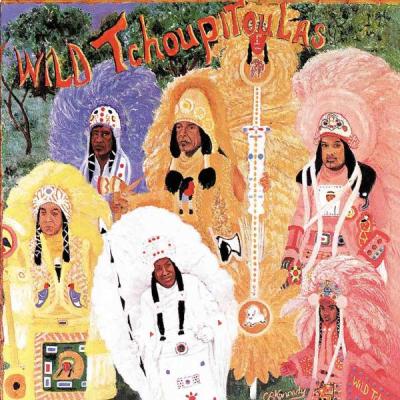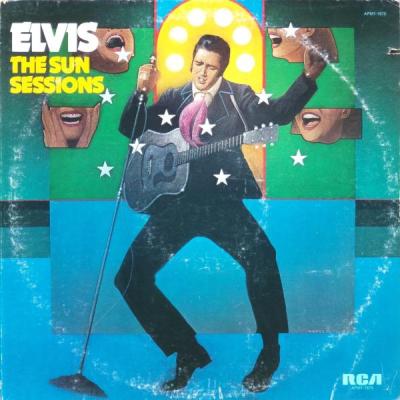

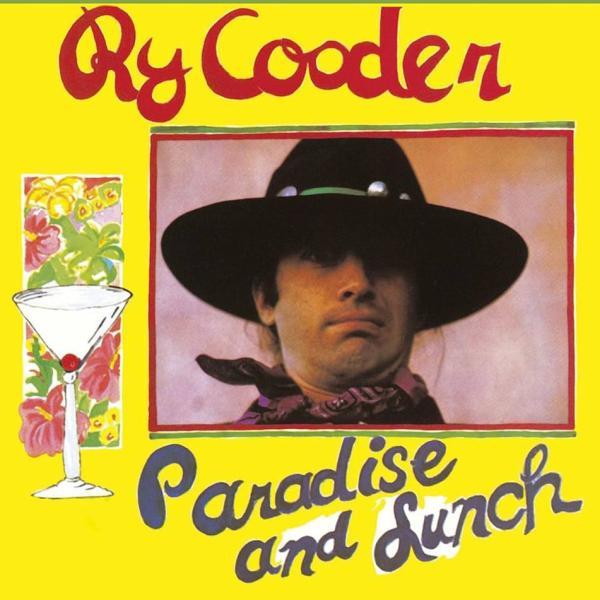
Ry Cooder: Paradise and Lunch
Album #193 - May 1974
Episode date - October 2, 2024
For his fourth album, Ry Cooder assembled a band that was a game changer. This was a powerful team that knew their music history and could move through a variety of styles, but just as importantly, they knew how to breathe new life into the material.
The rhythm section of Jim Keltner (drums), Milt Holland (drums, percussion) and Russ Titelman or Chris Ethridge (bass) is enough to impress anybody, and their subsequent reputations as players and/or producers defines them as legends within the industry. Even Earl Hines, the piano player/band leader responsible for supporting what is perhaps Louis Armstrong’s all-time best recording (“West End Blues, 1928), makes a lively and inspired appearance.
There are no slouches here. Revered names notwithstanding, it may be the random team of support vocalists that makes “Paradise and Lunch” such a lively and fun masterpiece. Bobby King joins Cooder’s crew here, adding a gospel-driven energy that, when teamed with his partner Terry Evans, would become an important staple on Cooder’s subsequent works.
Cooder was nothing if not musically ambitious, and “Paradise and Lunch” was his most eclectic outing yet, and also his most fun. Although scholarly, each song is designed to entertain first. In my own case, “Married Man’s a Fool” proved to be a rather unusual introduction to Blind Willie McTell, and it serves as definitive proof that the blues can indeed be quite funny. It’s highly unlikely that I would ever hear Little Milton’s version of “If Walls Could Talk” had it not been for Ry Cooder’s exemplary, completely reinvented re-write.
‘Reinvented’ is a key word when referring to Ry Cooder’s ‘cover version’ of a song. More often than not, Cooder alters the song to the point where he recreates it as something entirely new. Here, he trumps Little Milton with the same authority that Aretha trumped Otis on “Respect”. The re-write wins, hands down. “Tamp ‘em Up Solid” and “Jesus on the Mainline” come from the public domain, meaning that the songwriting source is unknown (‘Traditional’), but they both sound fresh enough to evoke laughter. Even “Ditty Wah Ditty”, Cooder’s stunning, playful duet with Earl Hines, is an ancient Blind Blake tune, but it runs on purely creative interaction that enlivens the inherent humor of the silly lyric.
Having released only a dozen or so titles, all in the 1920’s, Washington Phillips is a relatively obscure source for material, but Ry Cooder adds a chorus to the original sermonizing, transforming “Tattler” into a beautiful, contemporary pop song that sits comfortably with a Burt Bacharach tune (“Mexican Divorce”) and a Bobby Womack classic (“It’s All Over Now”). This range in styles defines the album as a heady mixture of the familiar and the impossibly obscure, while making absolutely no differentiation between them. There is much to learn from this record but it never sounds stuffy. From the opening track to Earl Hines’ final flourish, Cooder and his bandmates make “Paradise and Lunch” a timeless and thoroughly entertaining thing of beauty.
Featured tracks:
Tamp 'Em Up Solid
Tattler
Married Man's a Fool
Jesus on the Mainline
It's All Over Now
Fool for a Cigarette/Feelin' Good
If Walls Could Talk
Mexican Divorce
Ditty Wah Ditty
May 1974 - Billboard Charted #167
Related Shows
- 1 of 20
- ››


